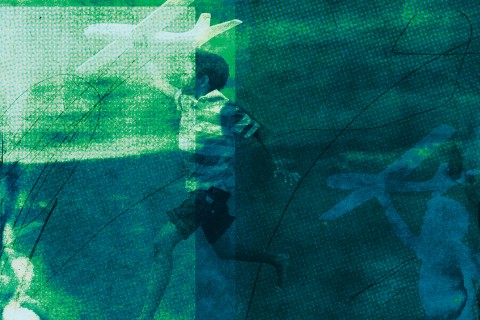Fiction
Arcadia, by Lauren Groff. Groff explores a 1970s utopian community in upstate New York and its aftermath as seen through the eyes of one of the commune’s children, an idealistic young man named Bit. The book follows Bit through the demise of the community and into adulthood, in which he struggles with what the dreams of his parents mean for his own life and what legacy Arcadia has left behind.
The Round House, by Louise Erdrich. This novel artfully blends tragedy and comedy in the story of a boy’s attempt to find his mother’s rapist on a North Dakota Indian Reservation. Erdrich creates vivid characters and scenes while taking the reader deep inside a young boy’s mind and the tangled politics of tribal law.
Canada, by Richard Ford. In a small town in Montana, the parents of twin teenagers decide to rob a bank. Their decision and its consequences send the children into a world they are ill equipped to understand. Ford traces the path of the son, Dell Parsons, as his mother attempts to “save” him from the U.S. foster care system by sending him to a remote town in western Canada. There he meets Arthur Remlinger, a renegade hotel owner, with a dark past of his own.
That Deadman Dance, by Kim Scott. Scott lyrically envisions the landscape and the people of early 19th-century New Zealand. Bobby is a young boy from the Noongar people who acts as ambassador and translator to the newly arrived British as they attempt to replicate their old lives in a vastly different culture.
The Year We Left Home, by Jean Thompson. Set in the United States between 1973 and 2003, this novel captures an ethos running out
of meaning. People eat Cheetos, smoke pot, fantasize about sex and attend church while trying to avoid death, pain and each other. In a fashion reminiscent of John Updike and Alice Munro, Thompson evokes a realm beyond her characters’ perception where love might just be calling them.











